Line of Separation, All 4, review - handsome if soapy epic


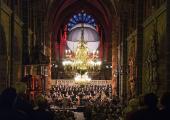
STOP PRESS (10/4/2020): this performance is up for a short period on the Deutsche Kammerphilhamonie's website for free viewing. Paavo Järvi is offering a live Q&A on conducting Brahms on Saturday 11 April 2020.
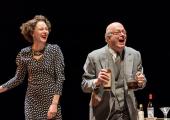
"What could be more serious than married life?" asked Richard Strauss, whose operas became a surprising pillar of Glyndebourne's repertoire some time after the early days dramatised in David Hare's play. "Honour" might have been the answer of conductor Fritz Busch, who unlike Strauss never made accommodations with the Nazi regime.
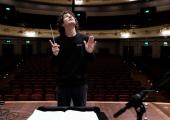
Edinburgh, October 2015. Robin Ticciati is still flying high from a remarkable performance of Brahms's First Symphony, the start of an intended cycle with his Scottish Chamber Orchestra in his seventh season as principal conductor. After a revelatory dissection of the thinking that shaped the interpretation, we both look forward to the end of the experience later in the season, with the Fourth.
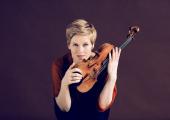
When a great musician pulls out of a concerto appearance, you're usually lucky if a relative unknown creates a replacement sensation. In this case not one but two star pianists withdrew – Maria João Pires, scheduling early retirement, succeeded by an unwell Piotr Anderzewski – and instead we had that most musicianly and collaborative of violinists Isabelle Faust in Schumann, not the scheduled Mozart.

Violins, violas, wind and brass all standing for Schumann: gimmick or gain? As John Eliot Gardiner told the audience with his usual eloquence while chairs were being brought on for the Berlioz in the first half of last night's concert, Mendelssohn set the trend as conductor with Leipzig's Gewandhausorchester - though as I understand it, only the violins stood - and some chamber orchestras of comparable size have adopted the practice.
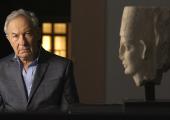
Lord Clark – “of Civilisation”, as he was nicknamed, not necessarily affectionately – presented the 13 episodes of the eponymous series commissioned by David Attenborough for BBC Two in 1969; it was subtitled “A Personal View”, and encompassed only Western Europe (from which even Spain was excluded).
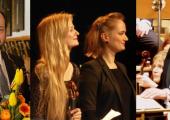
Punching well above their weights, population-wise, on the international music scene, Estonia, Latvia and Lithuania are celebrating, and being celebrated, in style over the year of their 100th birthdays.
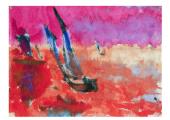
Colours had meanings for Emil Nolde. “Yellow can depict happiness and also pain. Red can mean fire, blood or roses; blue can mean silver, the sky or a storm.” As the son of a German-Frisian father and a Schleswig-Dane mother, Nolde was raised in a pious household on the windswept flat land on the border on Germany and Denmark that his family farmed.
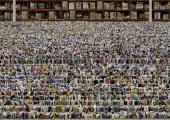
“Let the light in” has been the fundraising slogan for the two-year project to revamp and modernise the Southbank Centre’s Hayward Gallery, and adjacent Queen Elizabeth Hall and Purcell Room. And that is just what has happened, with two triumphs at the Hayward.